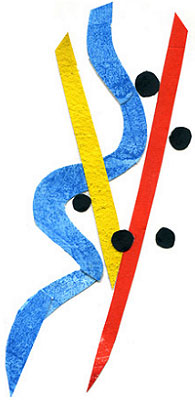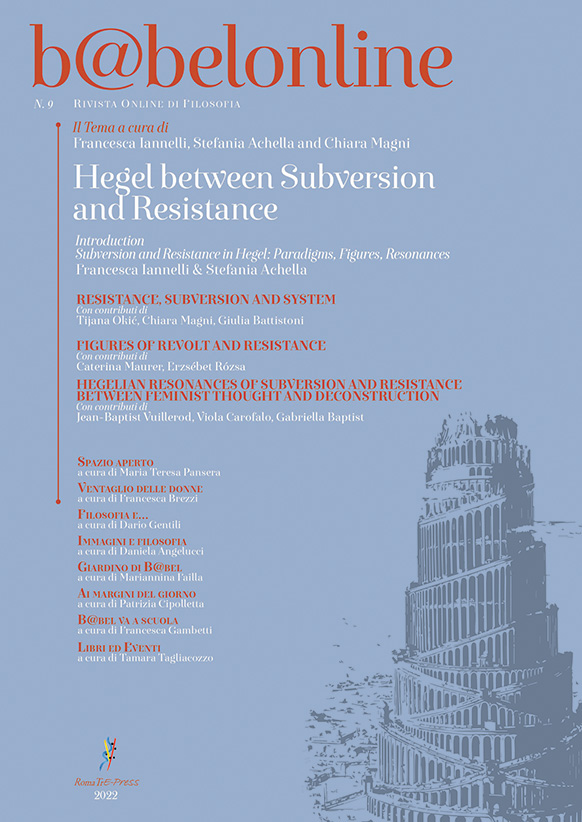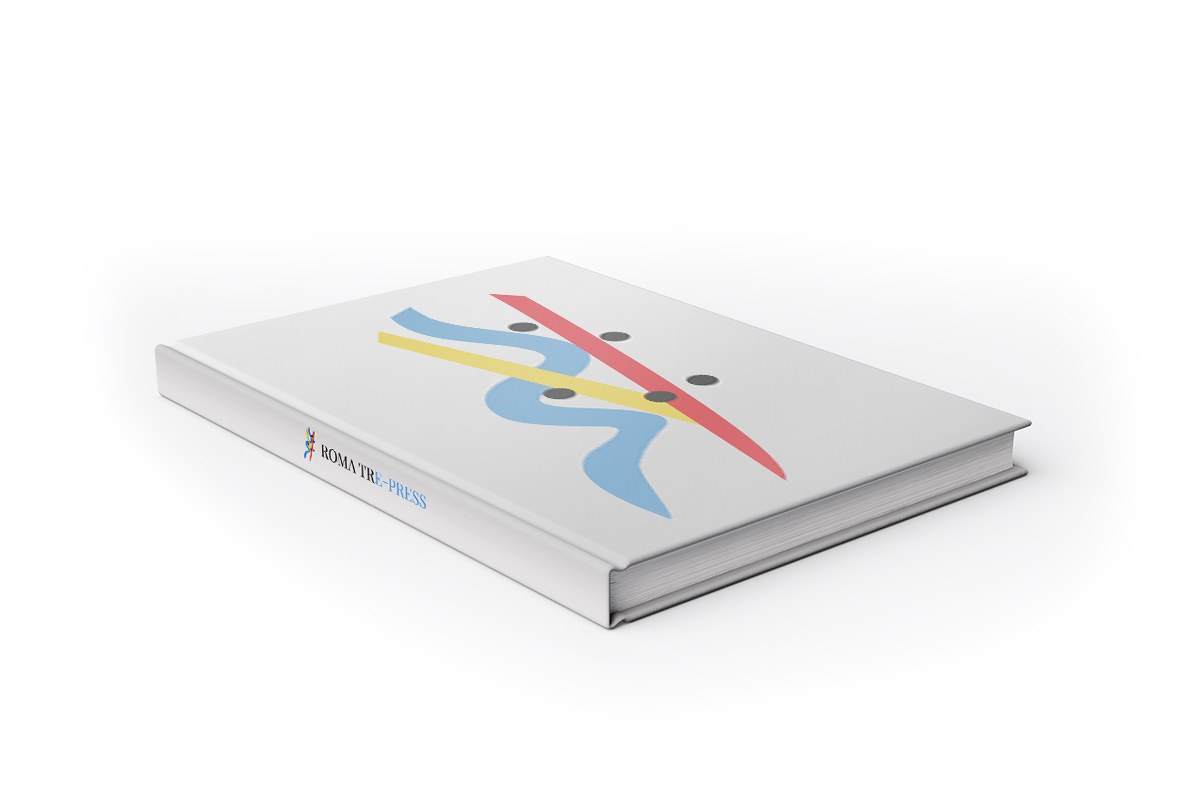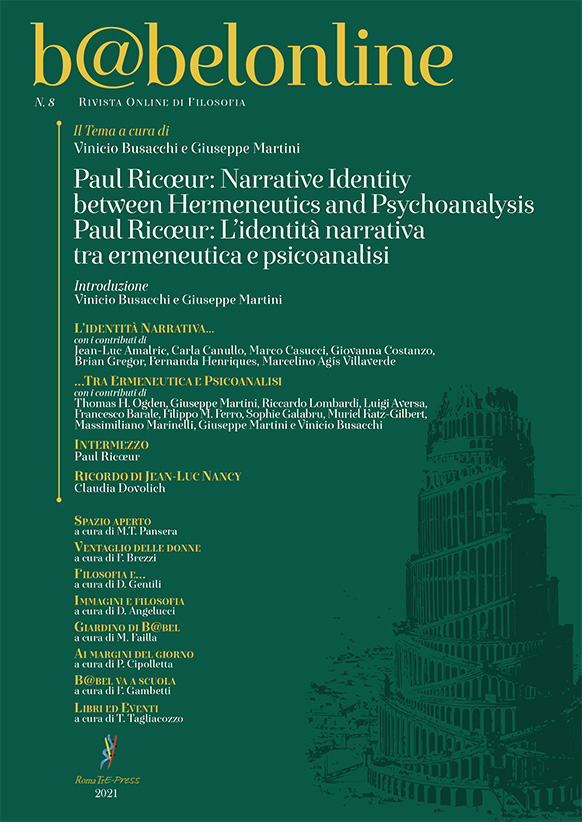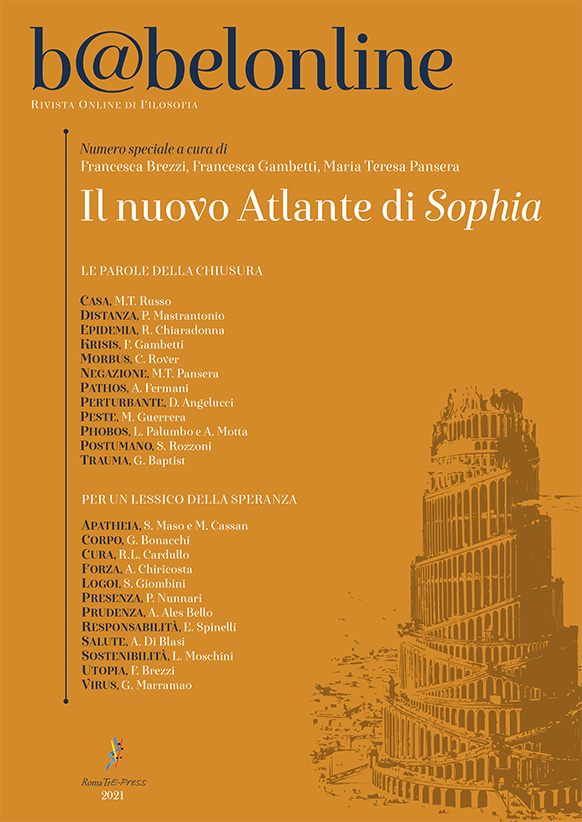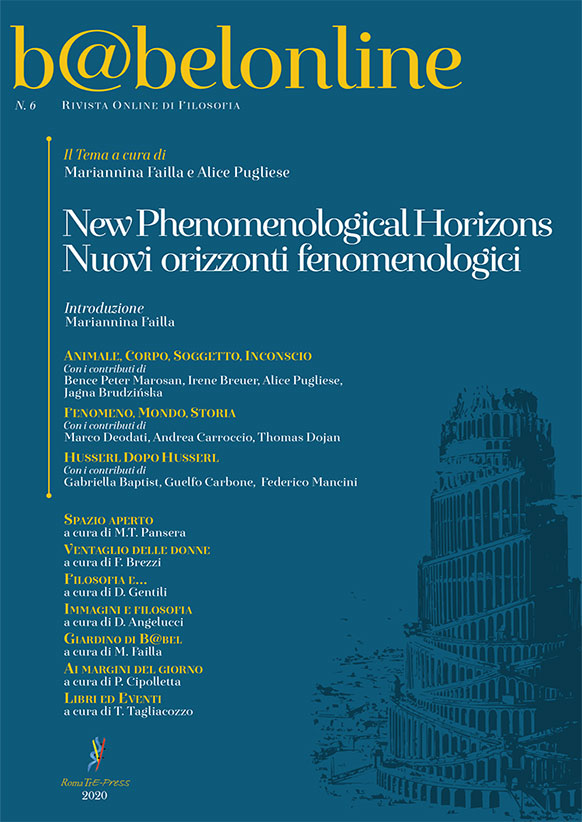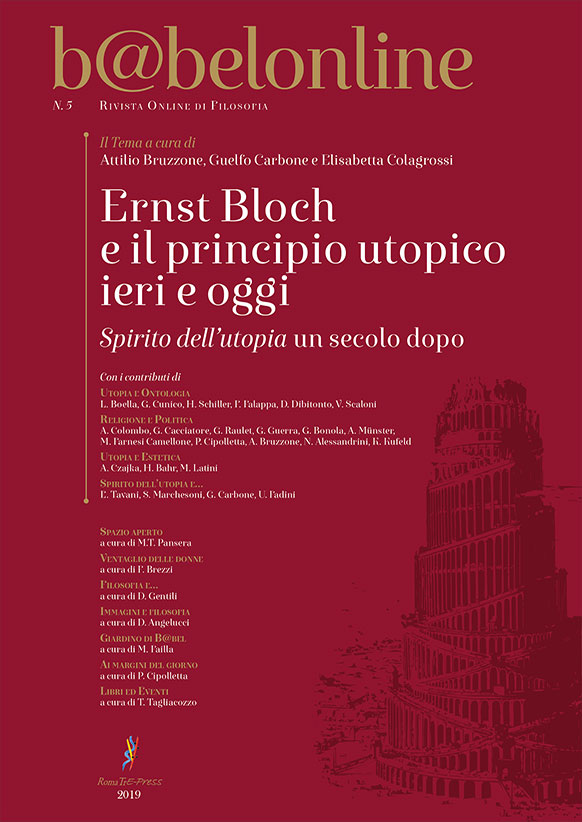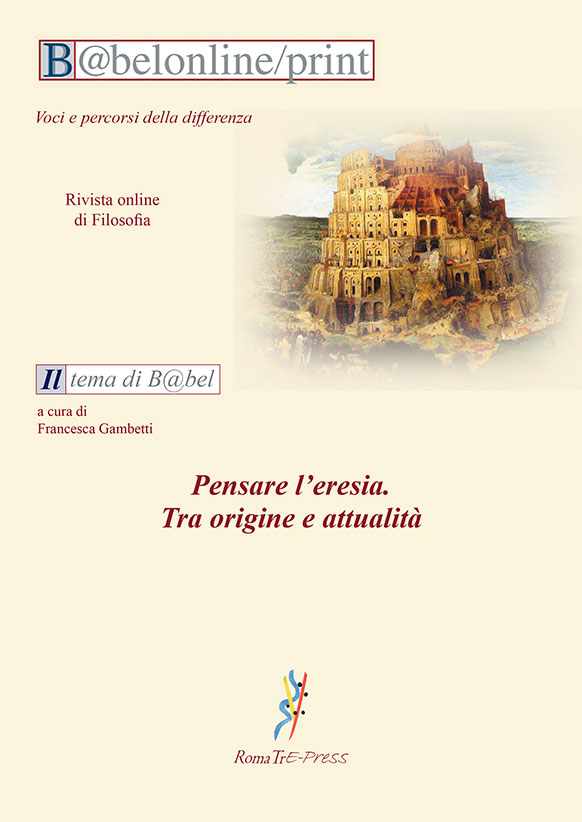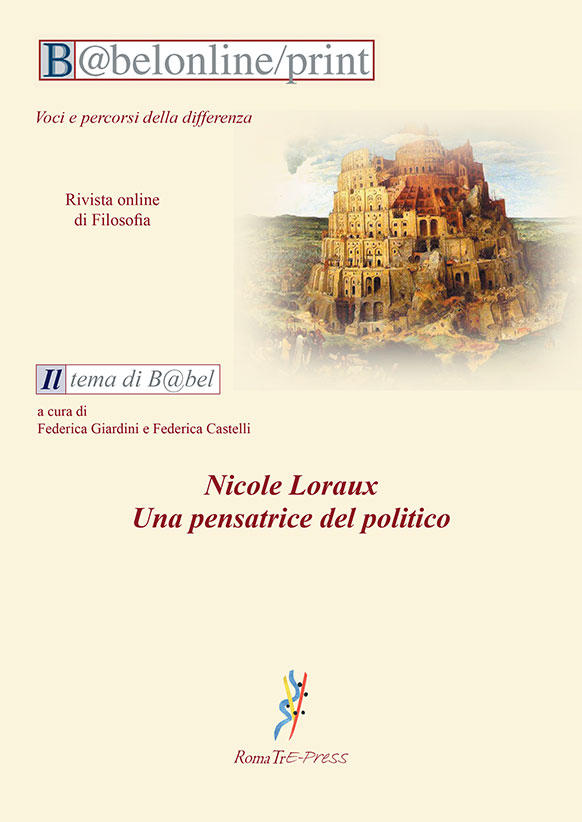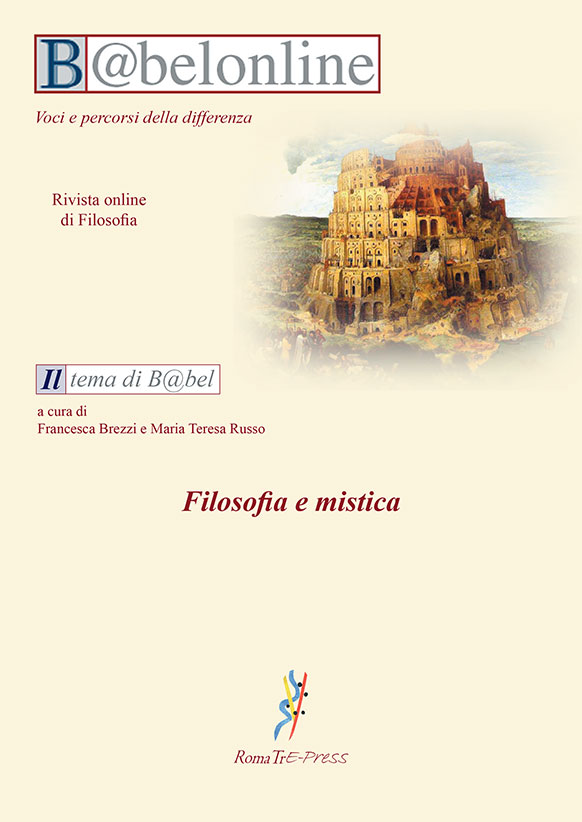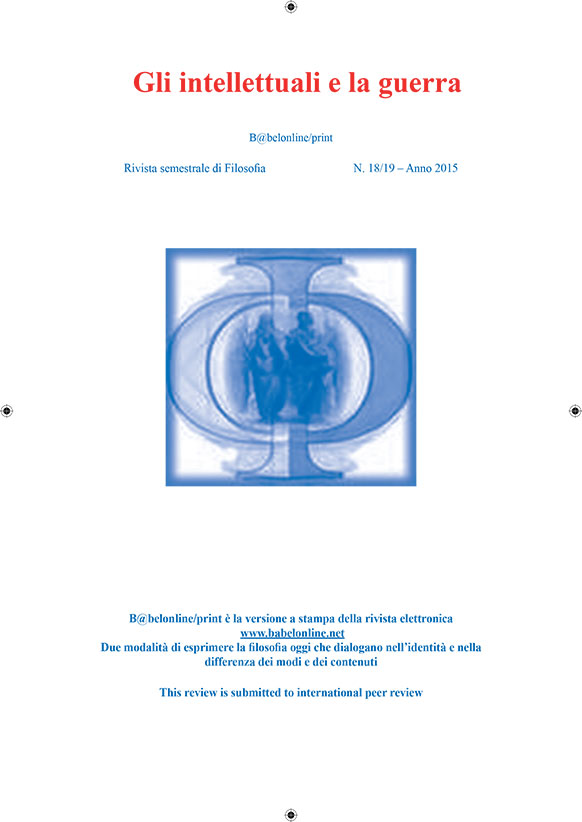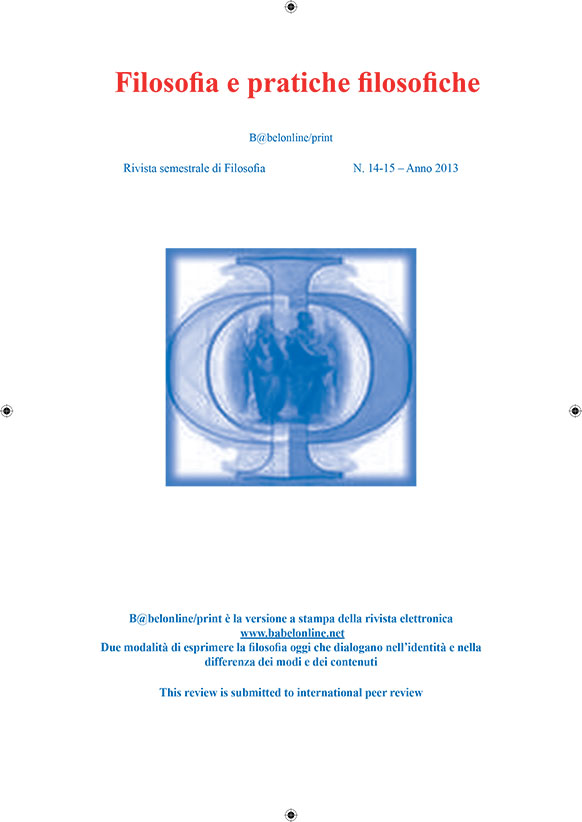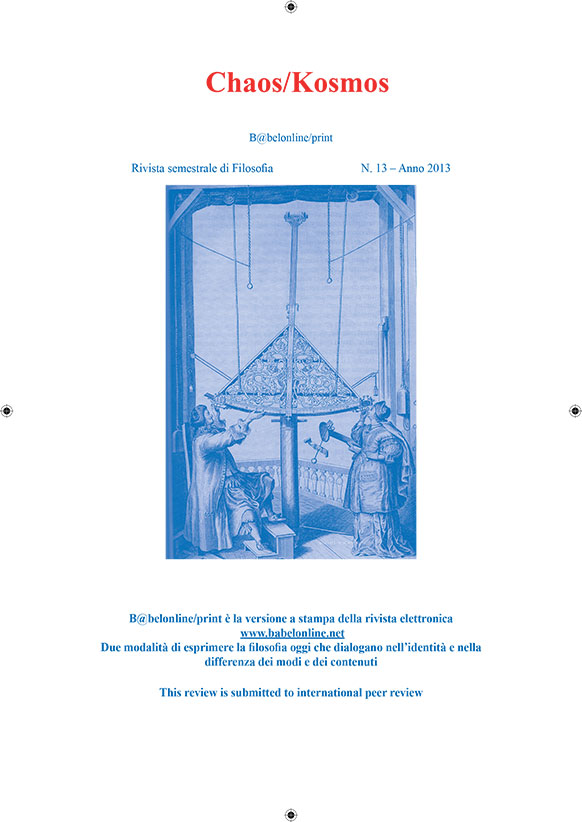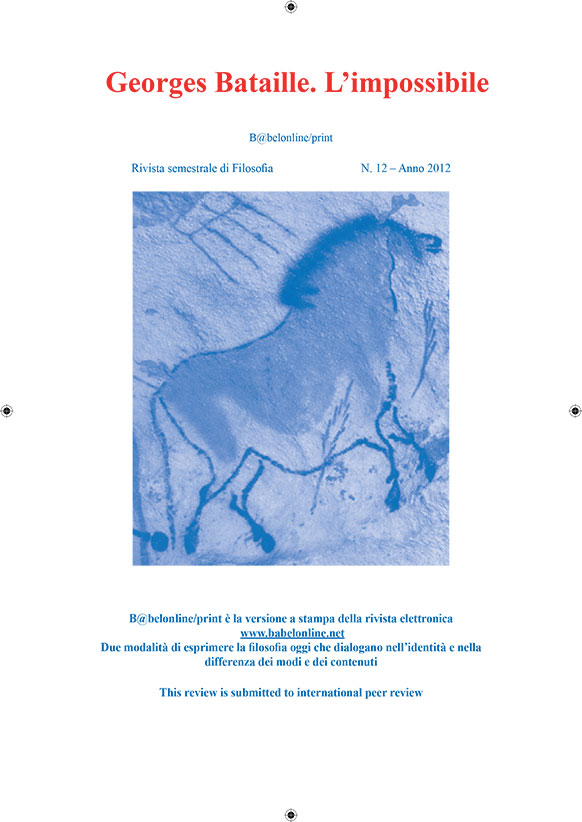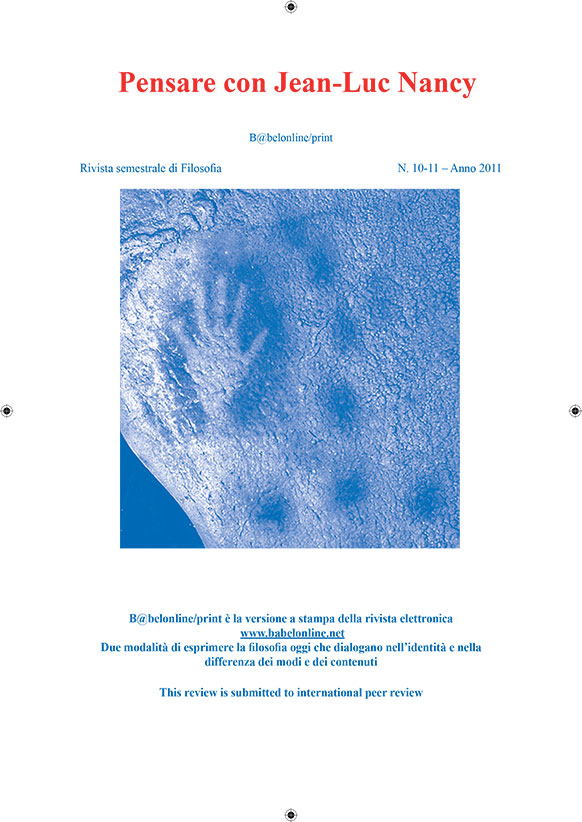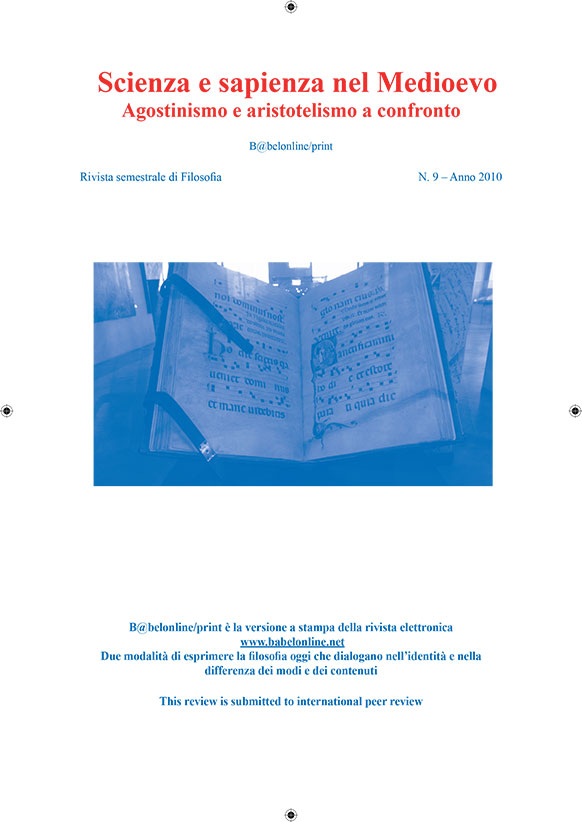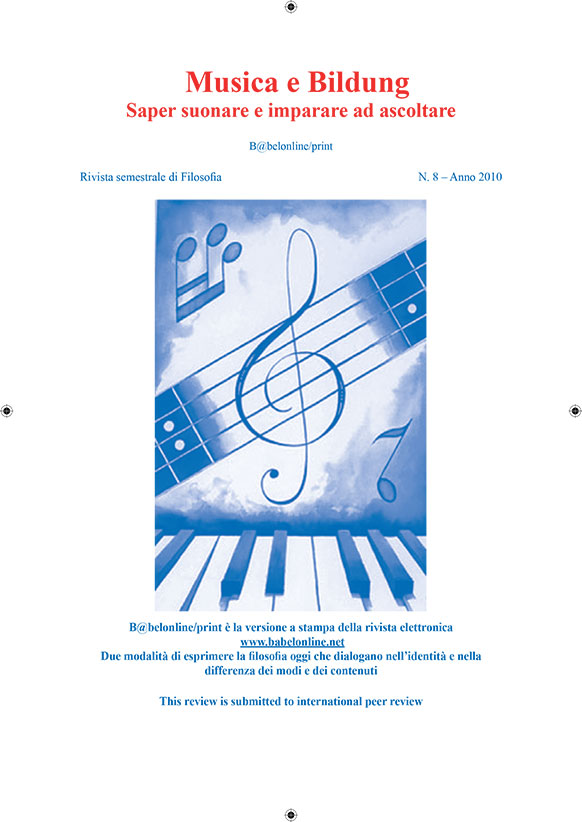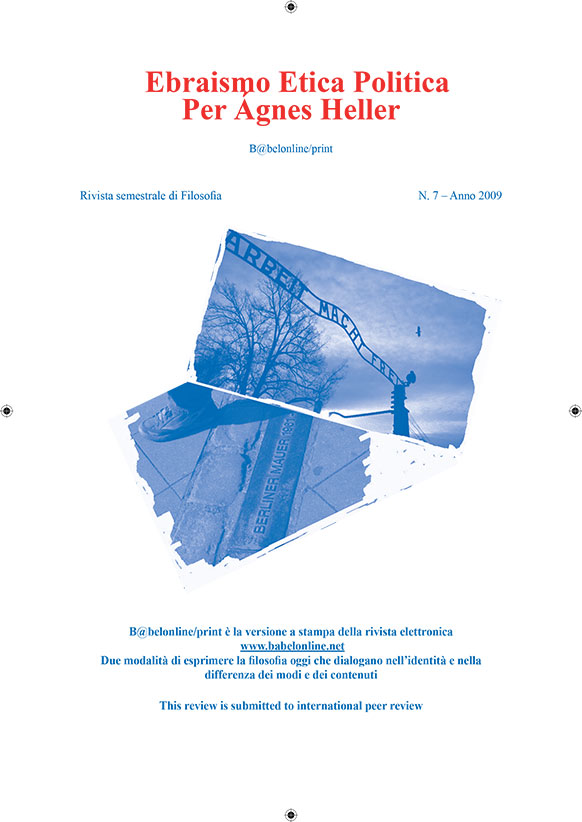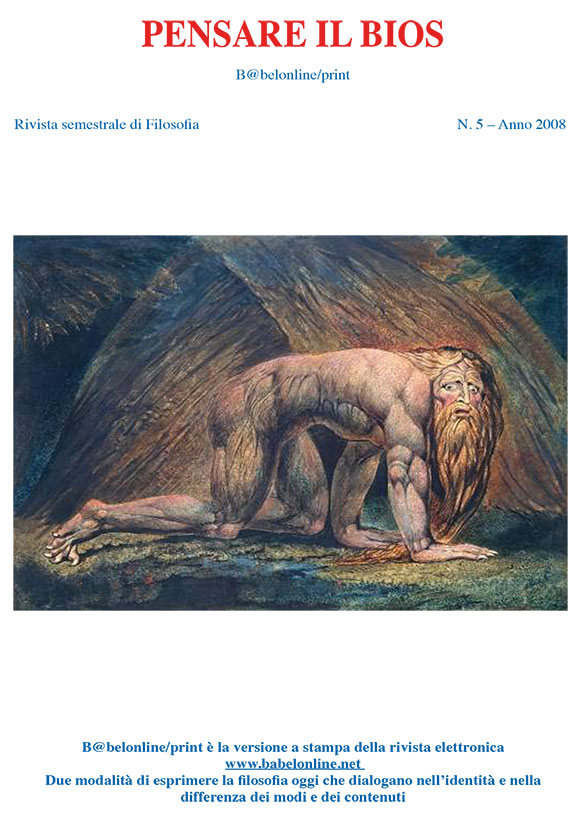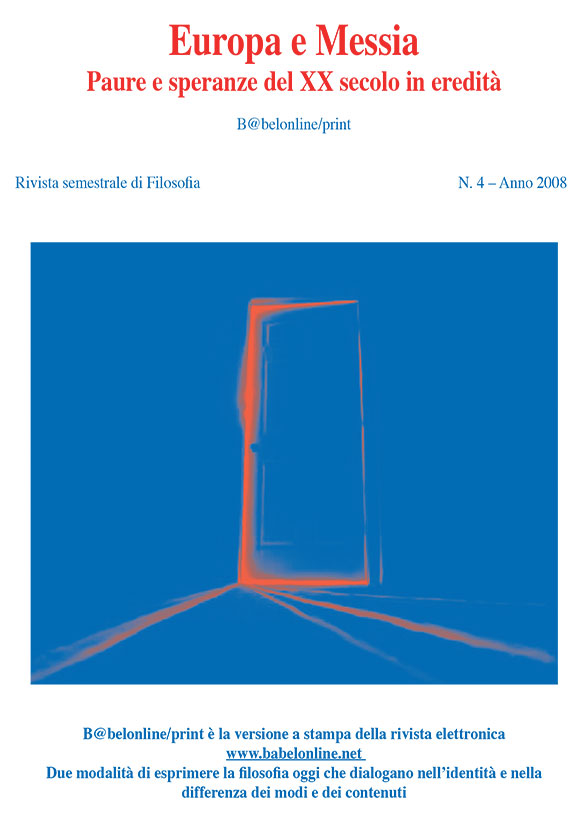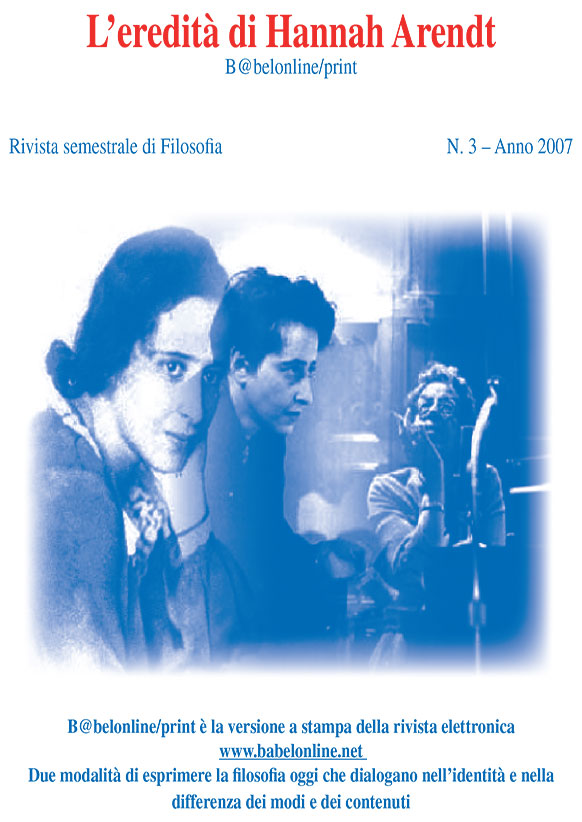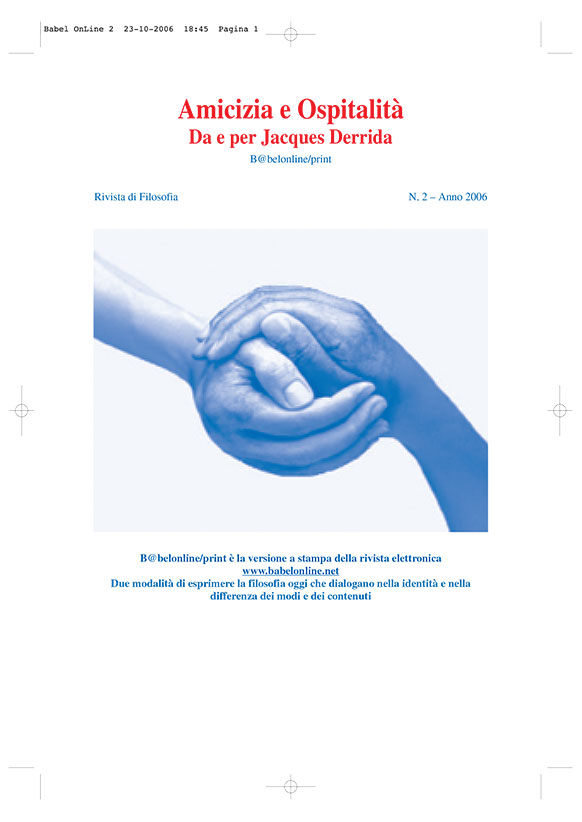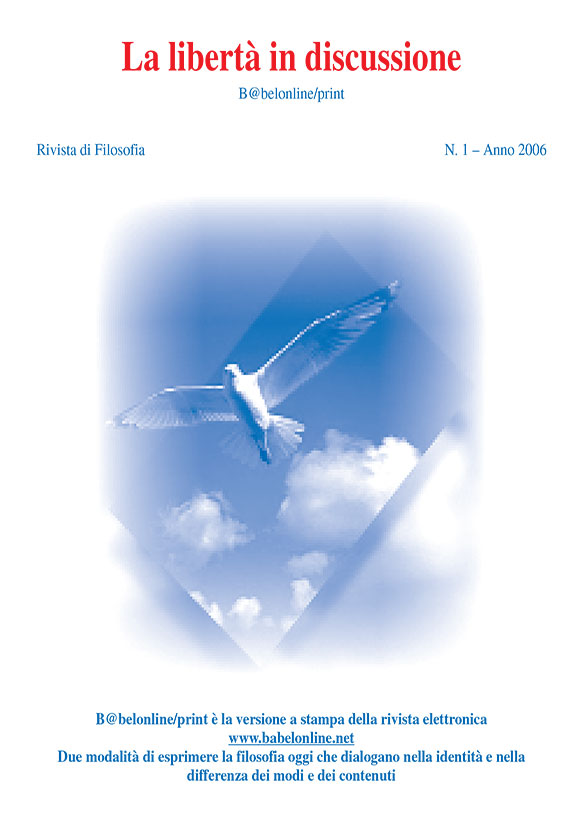Line and the Circle: the Family and the ‘Dialectics in Institutions’ between Subversion and Resistance
Tijana Okić
Hegel è il filosofo del cerchio. Egli pone notoriamente la logica circolare contro la quasi totalità della filosofia moderna, che equipara il cerchio alla tautologia, alla petitio principii e, in ultima analisi, alla falsità. In linea con tale visione, il presente lavoro si pone la domanda: qual è il rapporto tra la logica lineare e la logica circolare di Hegel quando si tratta della famiglia come istituzione nella sfera dello spirito oggettivo? Per Hegel, le istituzioni, per essere degne di tale nome (o concetto), implicano una logica circolare e non solo lineare. Le istituzioni, tuttavia, possono essere create dalla logica lineare della sovversione e dell'irruzione nella storia, ma la loro persistenza o meno è interamente una questione di resistenza e quindi di circolarità, cioè della loro stessa ripetizione e riproduzione nel tempo e attraverso la storia. A seguito di ciò, il documento sostiene che la posizione peculiare della famiglia all'interno del sistema di istituzioni di Hegel deriva da quelli che qui vengono definiti i "due corpi della famiglia". I due corpi della famiglia ci permettono di comprendere la posizione contraddittoria che la famiglia occupa e si assegna ancora oggi, ponendola in una tensione dialettica permanente tra linea e cerchio, resistenza e sovversione.
Hegel is the philosopher of the circle. He famously posits the circular logic against virtually the entirety of modern philosophy, which equates the circle with tautology, petitio principii and ultimately falsehood. In line with such a view, this paper poses the question: what is the relationship between the linear logic and Hegel’s circular logic when it comes to the family as an institution within the sphere of objective spirit? For Hegel, institutions, in order to be worthy of such a name (or concept), imply a circular, rather than merely linear logic. Institutions, however, may be created by linear logic of subversion and irruption in history, but whether they persist or not is entirely a question of resistance and thus circularity, that is, their own repetition and reproduction in and through time and history. Following on from this, the paper argues that the peculiar position of the family within Hegel’s system of institutions stems from what here is termed the «two bodies of the family». The two bodies of the family enable us to understand the contradictory position that the family occupies and is assigned to this day, placing it in a permanent dialectical tension between the line and circle, resistance and subversion.
DOI: 10.13134/2531-8624/1-2022/3


